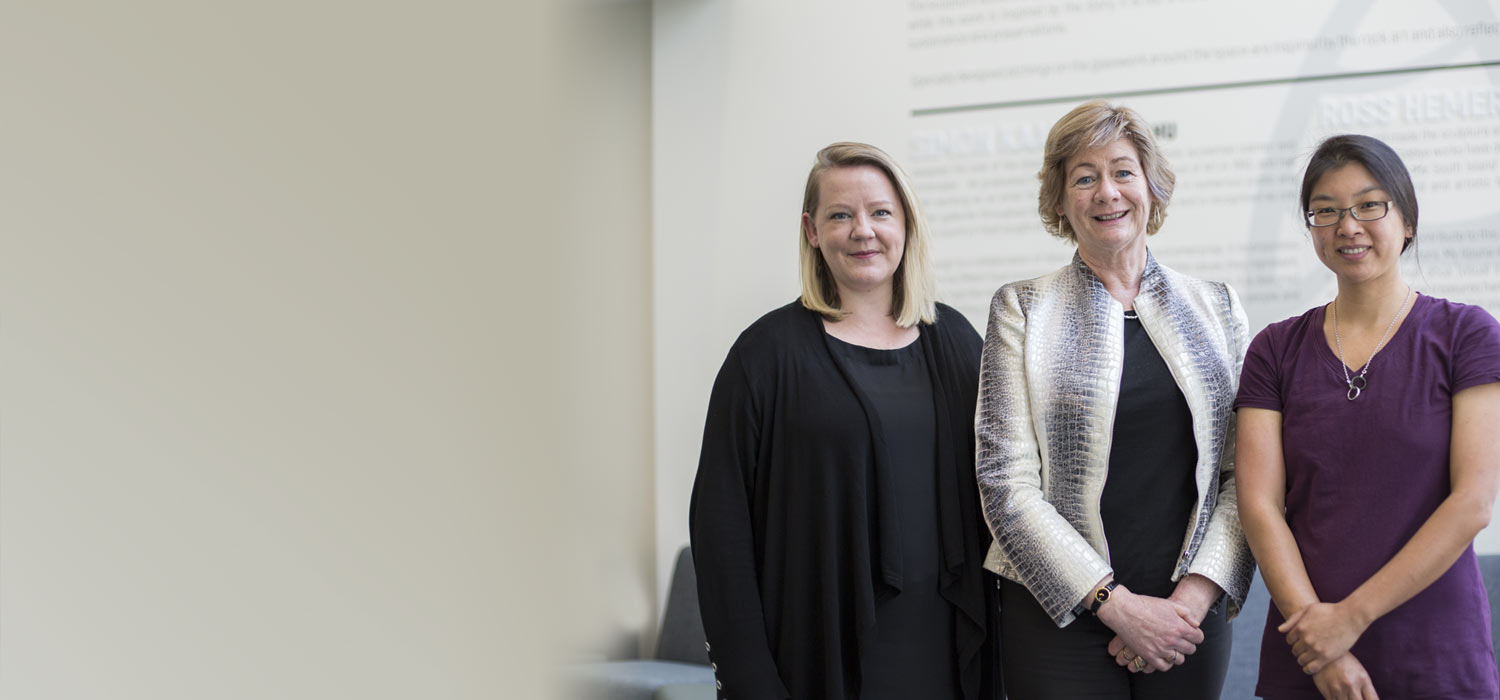
Vamping up vaping research
Otago research aims to replace hazy information about e-cigarettes with clear evidence.
The research is being led by Professor Janet Hoek (Departments of Public Health and Marketing), who co-directs ASPIRE2025, a University of Otago Research Theme that supports the Government's smokefree 2025 goal.
Hoek explains that her research team has obtained Health Research Council funding to probe the controversy surrounding electronic cigarettes.
“Some people have claimed the use of e-cigarettes, or 'vaping', as a game-changing innovation that will dramatically reduce tobacco smoking, while others argue it will put at risk decades of tobacco control achievements.”
Research fellow Mei-Ling Blank (Departments of Public Health and Marketing) has conducted a feasibility assessment of a prototype “smart” e-cigarette that passively records vaping behaviours. The team hopes to undertake an expanded study after piloting newly available, more sophisticated devices.
“I am interested in the transitions that might occur – or not occur – for people who are trying to quit smoking using e-cigarettes,” Blank says.
In a related study, research fellow Dr Lindsay Robertson (Department of Preventive and Social Medicine), whose PhD examined tobacco retailing, has been conducting in-depth interviews with people who vape.
Robertson is particularly interested in dual-users – people who continue smoking tobacco while vaping.
“We want to figure out what is contributing to this pattern of dual use and why people have not managed to switch completely,” Robertson says.
A new Marsden Fund grant will further explore the transition from smoking to vaping.